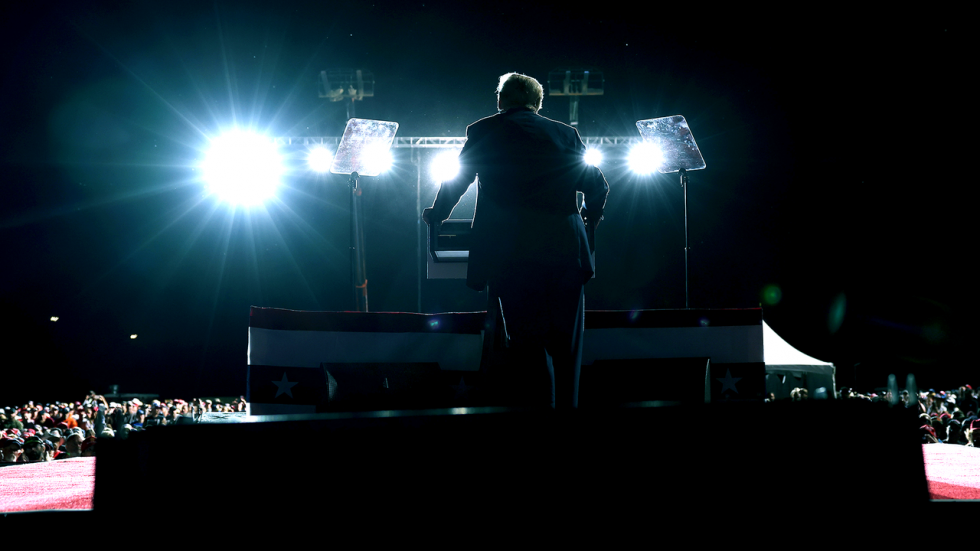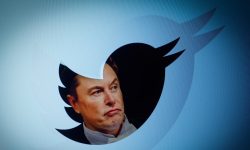
After a two-year stretch of Twitter exile, Donald Trump is reportedly laying the groundwork for his long-awaited comeback, even if his return could put Truth Social—the Twitter competitor he helped launch last year—in a lot of jeopardy. On Sunday, Rolling Stone reported that Trump does not plan to renew a “social media exclusivity” agreement requiring that he share all of his posts on Truth Social before any other platforms. The 18-month contract expires in June and was signed long before Elon Musk bought Twitter and reactivated Trump’s account, which was suspended shortly after the Capitol riot.
The agreement’s expiration date this summer suggests that Trump’s potential reemergence on Twitter—the platform used to bludgeon his primary opposition in 2016 and generate an astronomical number of earned media impressions—would come right at a time when rival Republican candidates would likely have entered the field.
One source told Rolling Stone that Trump has privately shrugged off the prospect of renewing the exclusivity deal, and recalled the former president saying, “There’s not going to be a need for that.” Another source familiar with the matter told the outlet that Trump has said that he doesn’t “want to make commitments.” In the event the contractual obligation is not re-upped, Trump would still be “required to post contemporaneously to Truth Social.” But losing the exclusive rights to his posts would create significant problems for the platform and Trump Media & Technology Group, the private company that owns Truth Social. (TMTG did not immediately respond to a request for comment on the state of Trump’s contract and his reported plans to return to Twitter.)
Truth Social’s reliance on Trump was starkly revealed last year, amid TMTG’s proposed merger with Digital World Acquisition Corp—a publicly traded, special purpose acquisition company. According to a May 2022 SEC filing on the merger, TMTG’s licensing agreement with Trump stipulates that he “is generally obligated to make any social media post on Truth Social and may not make the same post on another social media site for 6 hours.” While the merger remains incomplete, speculative investors have poured hundreds of millions into the SPAC. The prospect of a Trump Twitter comeback, however, adds a new layer of uncertainty regarding the merger and DWAC’s already dwindling stock price, shares of which were valued at $97.54 last March but are now down to about $15.31.
TMTG CEO Devin Nunes seemingly addressed these concerns in a Newsmax interview last week, saying that Trump “has no interest in going back to Twitter.” (When approached by Rolling Stone for comment, TMTG referred the outlet to Nunes’s comments to Newsmax.) And in November, shortly after Musk reinstated the former president’s account, Trump offered similar assurances. “I don’t see any reason for it,” he said of Twitter, “they have a lot of problems.”
Even if Trump does reclaim his Twitter-powered megaphone, he will still need Facebook—a fundraising and advertising workhorse for major campaigns—to run a successful presidential bid. Meta has yet to reinstate any of Trump’s Facebook and Instagram accounts after suspending him two years ago, but the Trump campaign’s legal counsel has reportedly petitioned the company to change that. For its part, Meta has said that it will make a decision on Trump’s use of its platforms in the near future.





